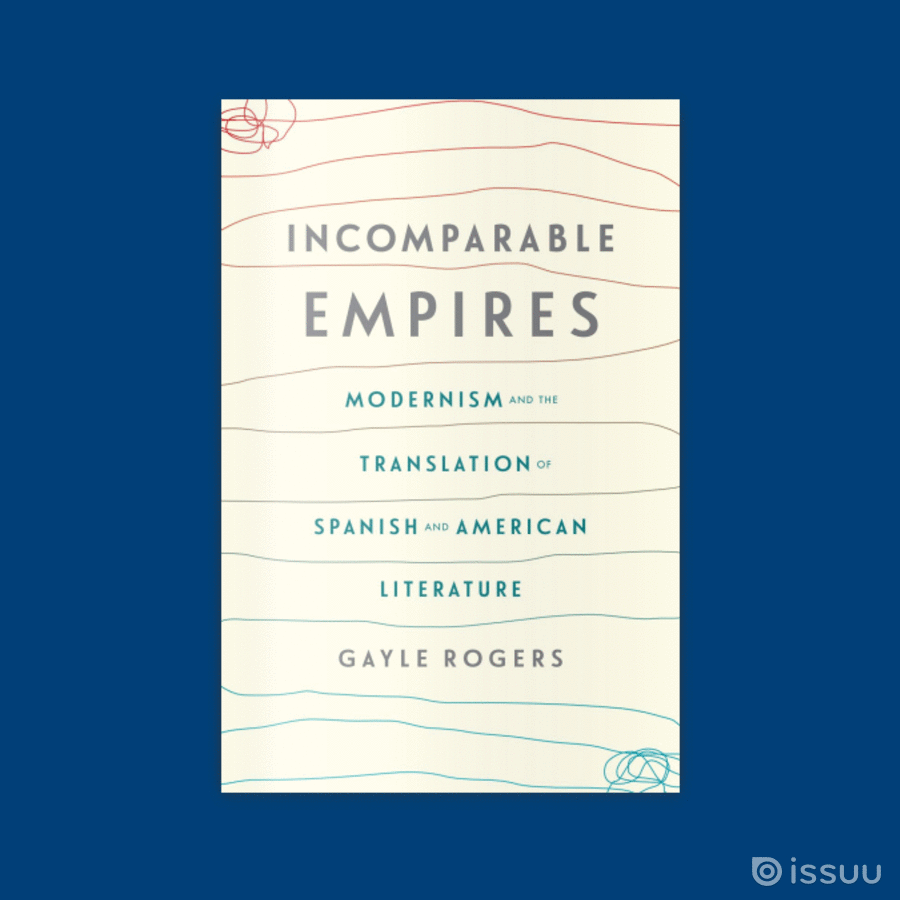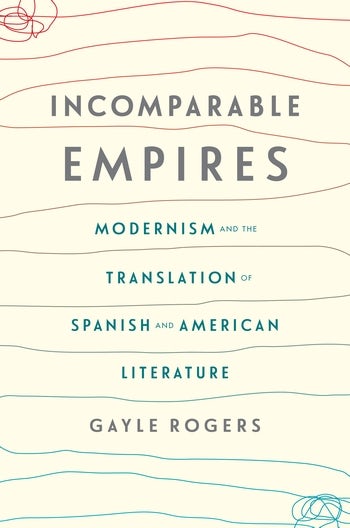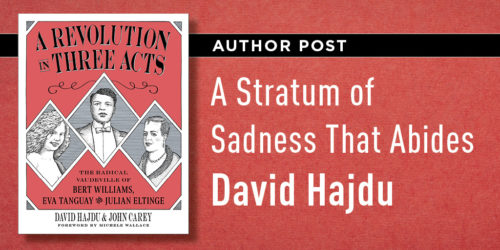Cryptocurrency, Speculation, and How We Imagine the Future By Gayle Rogers

Bitcoin, Dogecoin, Ethereum. Now there’s Polkadot and Pancake Swap. Much about the world of cryptocurrency can feel bewildering, like money is being conjured as a “dream within a dream,” to quote Edgar Allan Poe. In many ways, though, there’s nothing new about this; only the technology has changed. In my new book, Speculation: A Cultural History from Aristotle to AI, one of the major historical episodes that I treat concerns the rise of what Daniel Defoe called “air-money” in the early 1700s.
Air-money was a new way of creating wealth. Instead of amassing property, lands, and precious metals, a nouveau riche emerged in England using techniques imported from the thriving speculative markets of late 1600s Amsterdam. Wealth and social status could now be built on the highly volatile, fluctuating value of speculative stocks and shares in new companies—fundamentally, on gambles and future promises. Opinion and fancy, credit and fickle promises—these substanceless forces were now the tempestuous “air” that flowed through what used to be hard currency and durable trade. Defoe wondered what would happen to the social and economic order when people simply changed their minds—just as we now are seeing crypto prices swing wildly at a mere Elon Musk tweet.
The question of how this occurs is what drove my curiosity in researching Speculation. The truth here, and the underlying reality—as difficult as it may be for us to accept—is that everything we value, monetary and otherwise, works this way. If we all stopped believing tomorrow that gold is valuable, then it too would lose its value, quite remarkably. As a character in Tom McCarthy’s novel Remainder (2005) puts it, we are all “imagining futures” together, all the time. We are “projecting” them forward as stock values, ambitions, prophecies of doom, anything and everything. We are all speculators, and that fundamental insight about the ways we wrestle over creating the future connects extreme investing to speculative fiction to hypothetical thought and experimentation.
Rediscovering Speculation
Where did this come from? About 1,500 years ago, the philosopher Boethius argued that a contemplative mode of thinking called speculatio was the height of human cogitation, a way of commencing with the divine mind that drew on both Aristotle and early Christian thought. He could hardly have imagined what we now signal when we talk of “speculation” as a frenzy of trading in meme stocks and NFTs—especially when computers and algorithms are executing many trades. But all these speculations, human and semihuman, are joined together by the ways this capacious concept of speculation allows us to reorder and craft our futures.
Speculation—the very simple practice of projecting our futures together—gained this power because it turns out to be a core part of concepts that we consider fundamental to modernity: scientific progress, future planning, economic risk, social difference. My book studies the ways Francis Bacon wrestled with the role of speculation, in its potential antagonism with practical experimentation, as he outlined what we now call the scientific revolution.
And I show how women as investors and as novelists (sometimes as both) used the concept of speculation as a way to forge surprising autonomy in a male-dominated world of capitalism in which speculation itself was stereotyped as feminine—inconstant, capricious, and irrational.
Speculation unpacks some common myths and misconceptions that have been attached to the concept and practices of speculation over the centuries. First, I show that the term had no financial connotations until the mid-1700s, when it moved from the world of science and experimentation to smuggling, gambling, and lotteries. From there, Adam Smith was the primary figure who picked it up and disseminated it as a new term for the high-risk economic practices that we now know. I discovered also that the idea of financial speculation as a “mania” or “frenzy” only came about in the 1790s. Prior to that, it was seen as deceitful or as a vice, but only through the influence of American physician Benjamin Rush did we begin to characterize it in these new terms. I trace how speculation was denigrated over time, too—for example, Calvinists in the 1600s brought us a phrase still very much in circulation: “idle speculation,” or thought that is detached from purpose.
These details are part of a plot that is equal parts culture, capitalism, and behavior, all related through an archival record of newspapers, journals, novels, poems, political tracts, and much more. Writing the book helped me realize how little I knew about something that seemed very familiar, something I’d done every day.
Projecting Forward
So why do we speculate? We have much better forms of predicting the future, driven by data and modern science. We don’t have to resort to airy thought and dreamy plans. We also have more reliable forms of investing, far from the often-demonized speculation that is characterized by greed and parasitism. Speculation’s history, I found, traverses not just science but also divination and lotteries; efforts not just to guess the future but also to scheme others out of it with inequitable plans. It is an incredibly complex, internally contradictory concept, and for that reason, it has been embraced most recently by minority activists as part of the vocabulary of resistance to speculative capitalism itself.
We speculate because the world gives us imperfect, incomplete information, and therefore we do everything from buy insurance policies (once called “speculations” in the past) to contemplate our ideal future socioeconomic structures, and in between we roll the dice and dream of different tomorrows. Computers aid us today in doing what prophets and diviners did centuries ago, but one thing has remained quite stable: the desire to harness the air of the present and somehow study its properties for signs of what tomorrow holds
Gayle Rogers is professor and chair of English at the University of Pittsburgh. He is the author of Speculation: A Cultural History from Aristotle to AI.










